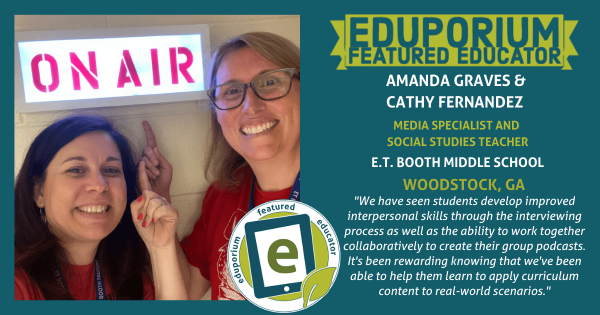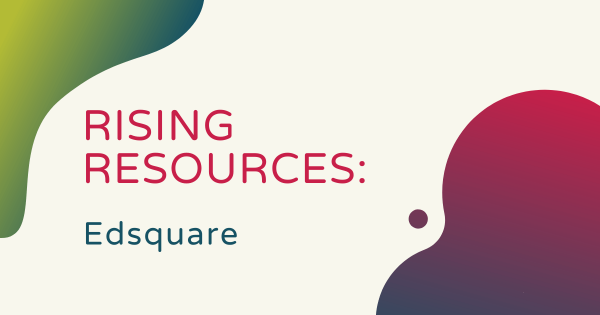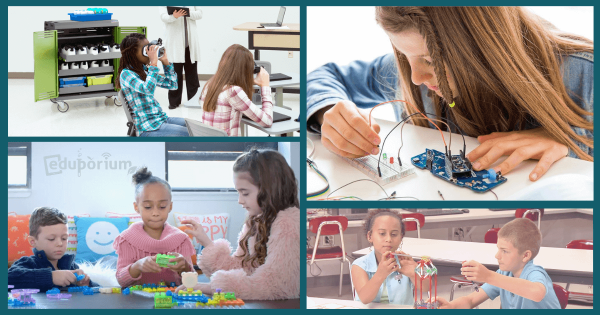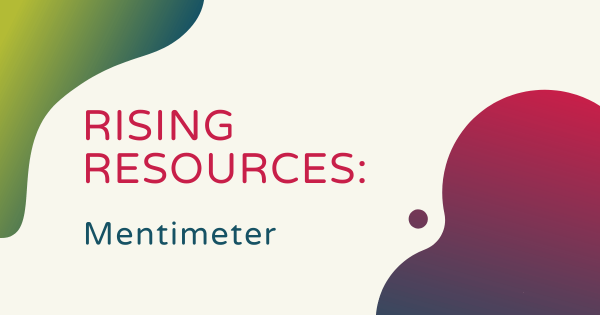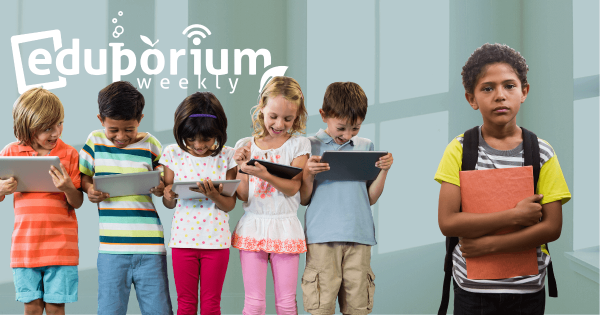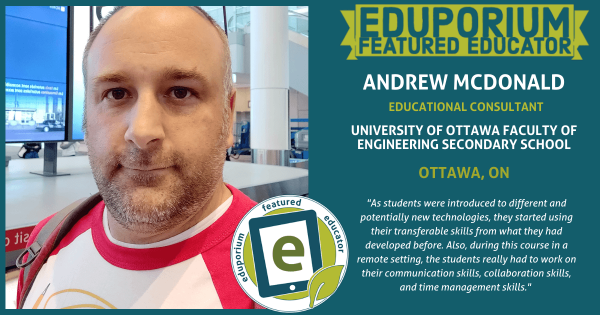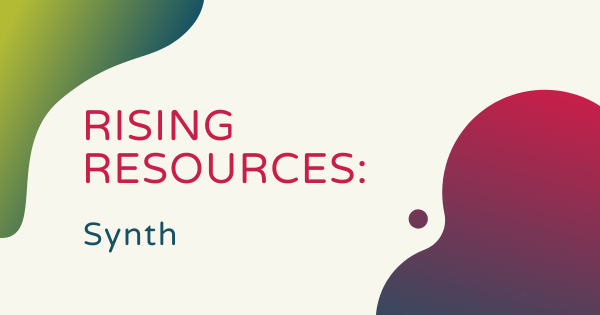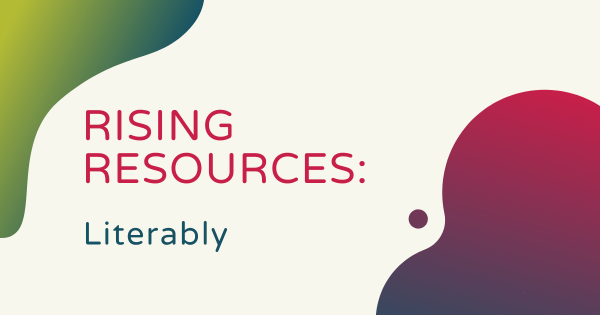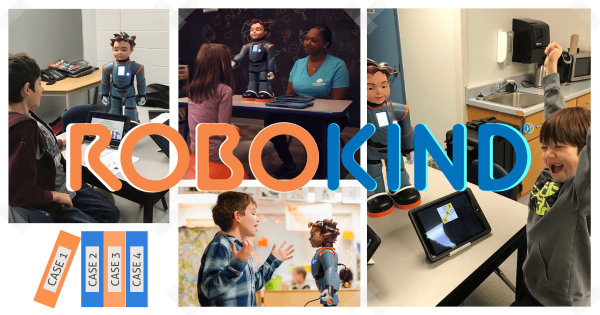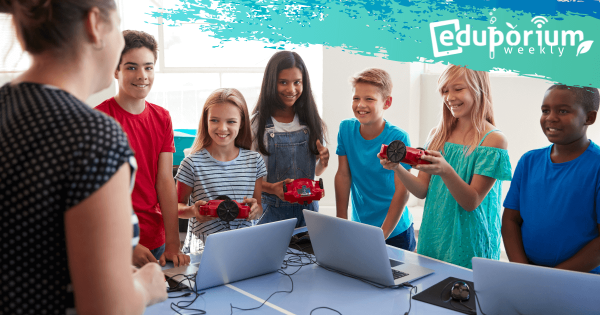Amanda and Cathy each work at the E.T. Booth Middle School in the Cherokee County School District (GA). They work together in a number of creative ways to help empower students to create technology projects, specifically with podcasting. Despite facing some challenges, this pair of educators has found some inspiring ways of using EdTech tools!
EdTech
Educational technology has, of course, completely transformed how today's K-12 students learn. From basic 3D printers and virtual reality systems to simple coding robots and screen-free building tools, countless numbers of educators have been able to affect education for the better and help children develop transferrable skills for the real world. Since EdTech now covers so many areas, however, there often remains a lot for teachers to learn about and explore. Not every technology tool will impact your students in the same ways, nor will they enhance every single lesson. It's more about finding the right solutions for the right situations and building high-quality instruction from there. In this section, we cover everything from specific classroom STEM kits to insights on integrating EdTech tools in teaching. And, we'll continue adding new resources with thoughts on the many branches of the EdTech tree.
EdTech resources are constantly impacting student development and redefining how educators can engage them. Besides those hands-on technologies, digital tools and platforms also play a huge role in learning. From coding or artificial intelligence to social-emotional learning, the instant availability of EdTech resources generates many revolutionary opportunities all throughout the world of K-12 and higher education. When it comes down to it, however, equitable access to technology can be a complete game changer. With these opportunities, students can build the hard and soft skills to navigate our increasingly complex world. And, no matter how complex or simplistic EdTech activities are, they can help catalyze that development. We encourage you to browse the content below and reach out to our team with any questions.
-
Rising Resources | Learning Data Science with Edsquare
The courses within Edsquare are designed largely for students. As they say, however, teachers can also feel free to try them. There are a lot of opportunities for them to learn about contemporary skills and developing technologies. At the moment, there are two main courses available on the Edsquare platform, focusing on AI and its role in machine learning. -
Eduporium Weekly | EdTech Use After the Pandemic
Throughout the remote learning era, for better or worse, students of all ages have truly relied on many different technologies to connect, communicate, and access educational experiences. That’s left many educators, administrators, and parents wondering about the role technology will and should play as students begin to return to normal. -
Rising Resources | Mentimeter for Interactive Presentations
Whether you’re a fan of student-led learning or you’re looking for a new way to keep kids engaged, we have a potential solution to tell you about. Mentimeter is a real-time communication platform educators can use to pose questions and receive feedback from students in any type of learning environment, helping make learning more interactive. -
Eduporium Weekly | The Digital Divide and Learning
It’s been a long 15 months since the pandemic upended the education world. Aside from necessitating emergency instruction and compelling parents to worry about their child’s intellectual and social development, another key factor has emerged. We knew there was a digital divide among our students, but may not have known how bad it really was. -
Eduporium Featured Educator: Andrew McDonald
We’re excited to share our latest Eduporium Featured Educator interview with our community! This month, we hear from Andrew McDonald, who’s an educational consultant and faculty member of the Engineering Secondary School at the University of Ottawa and, like so many other educators around the world, he’s had to get creative over the last year. -
Rising Resources | Synth for Student-Teacher Communication
Some students need intentional effort to be made in order to settle into their learning situation, feel more comfortable participating, or use it as a base to become more social with their peers. If educators don’t have the time for one-on-one conversations, they can still communicate using Synth—the focus of this week’s Rising Resources post! -
Rising Resources | Literably for Reading Assessment
For educators, there are a lot of different tech tools they can use. Some are geared towards math education, others towards teaching tech skills, and there are plenty of others for different areas of the curriculum. One of those areas is reading assessment. And, one of those tools for gauging an accurate picture of student reading skills is Literably. -
How the RoboKind Robots for Autism and SEL Make an Impact
The line of RoboKind robots are unlike any others in the education world. Comprised of three facially-expressive humanoids, the RoboKind robots have helped provide support for countless students who learn differently. Each robot offers unique advantages and includes accompanying curriculum designed to open up communication and expression. -
Eduporium Weekly | Designing STEM Lesson Plans
Many students love STEM experiences in their education and many teachers love creating those opportunities. They don’t typically just fall into place, however, and, like all lesson plans, require careful design. In STEM education, lesson plan options are almost endless, which often makes it easier for teachers to find or create something that’s relevant.




